On the edge of Pisky. Or how displaced families keep going on
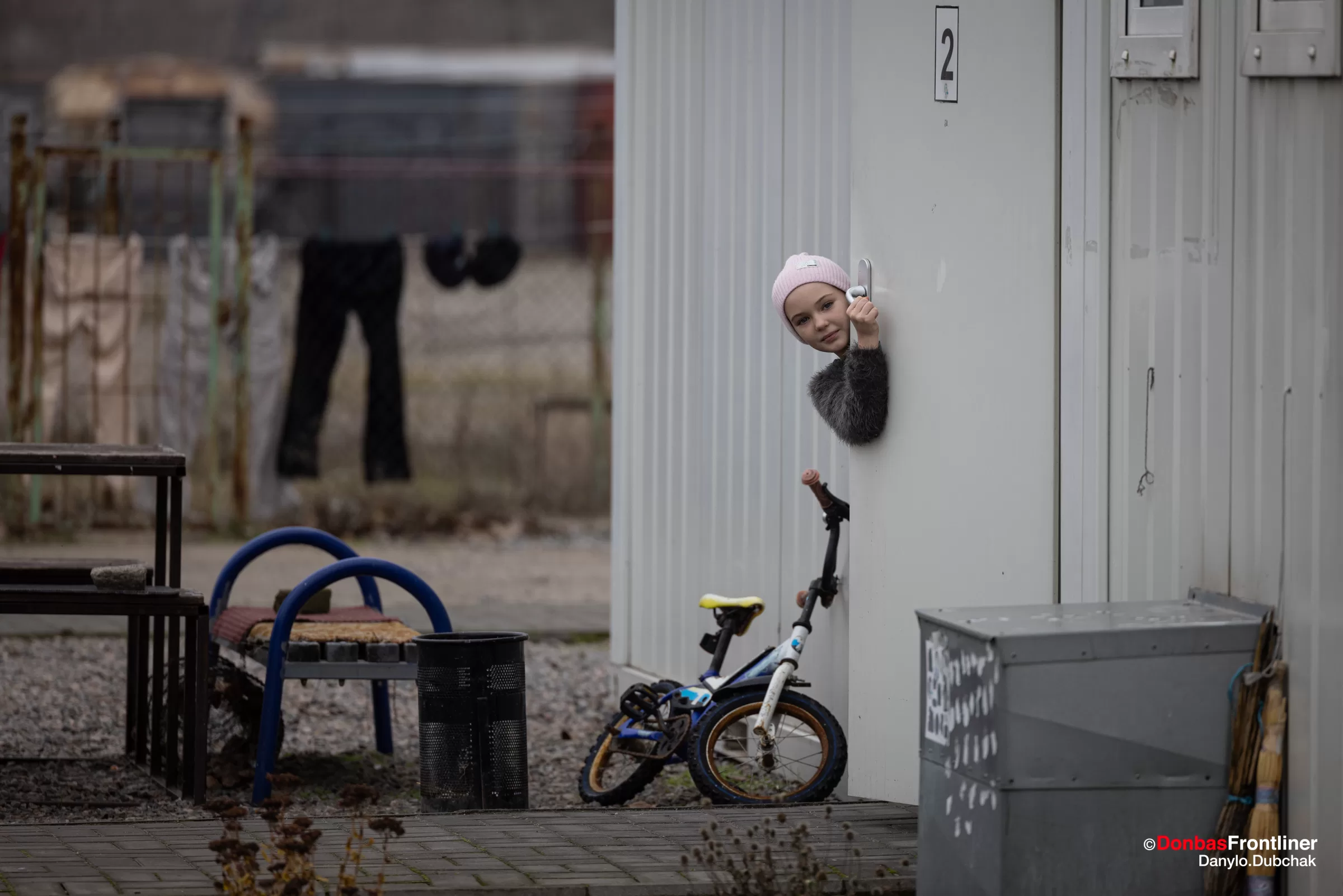
The Soniachnyi neighborhood is located on the outskirts of southern Zaporizhzhia, as the modular town of “On the Edge of Pisky” peeks through it. Germany funded this project in 2015 to temporarily accommodate internally displaced persons from the occupied territories and the frontline. Since then, the town’s population has been constantly changing—some people find a new path and move on, while others lose their homes and find refuge here.
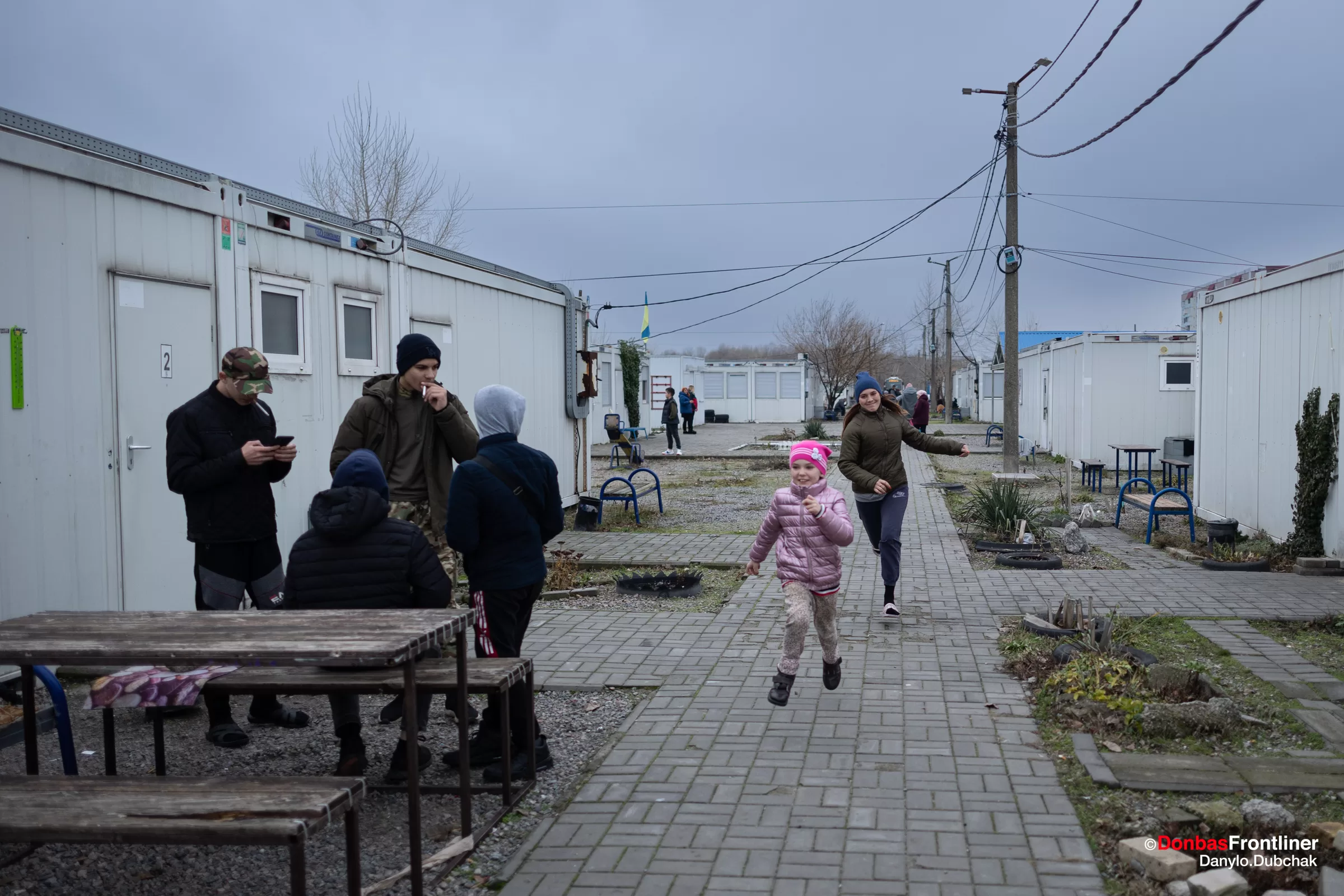
The town is now maintained by the Ukrainian Red Cross Society. Orikhiv and Stepnohirsk communities, which were home to some newcomers, also provide financial assistance to the town. Sometimes, volunteers help with food and bring treats to the children.
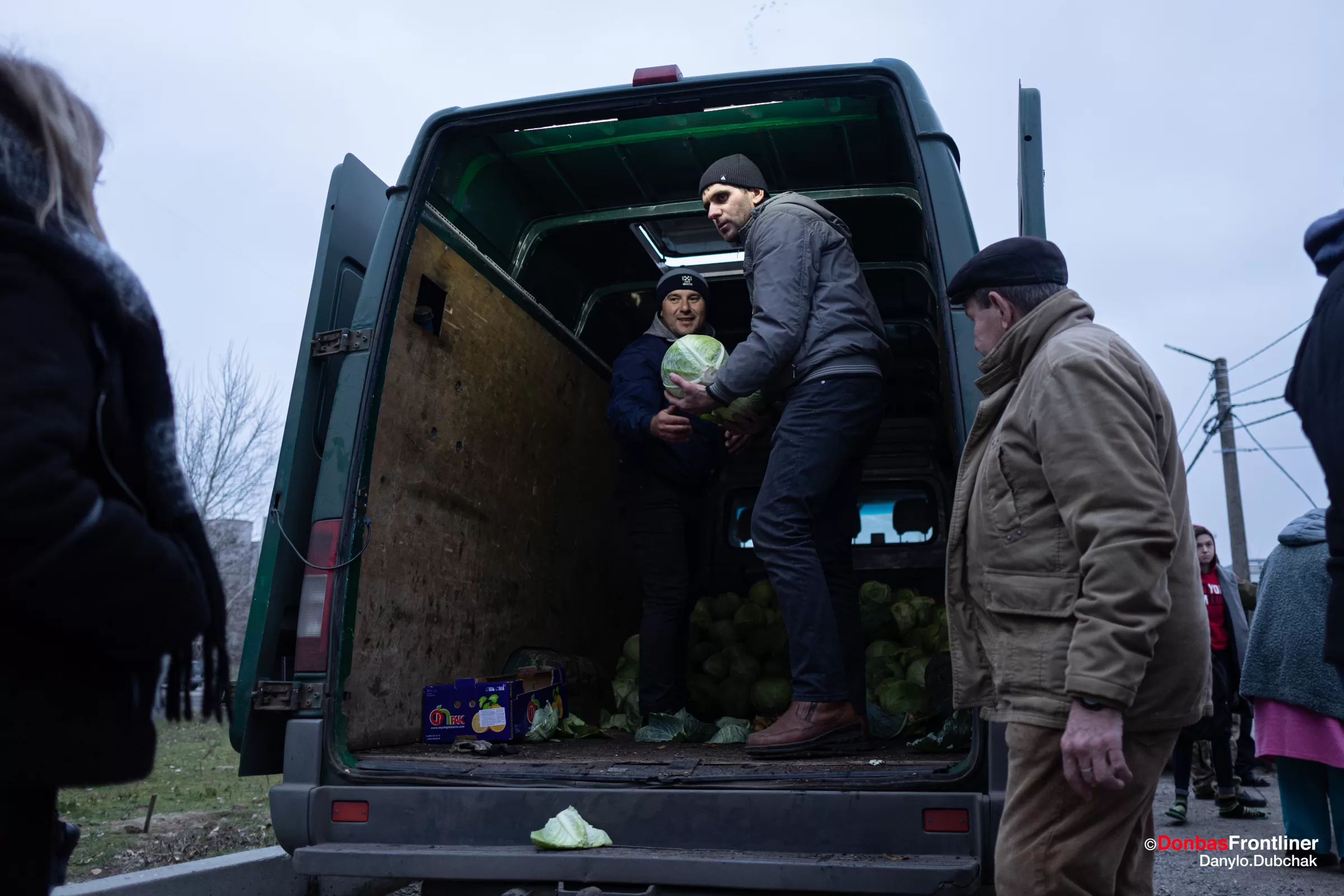
Previously, most of the residents came from Donetsk and Luhansk regions. After Russia’s tanks rolled into Ukraine, most of the new residents here traveled from the Zaporizhzhia region, where the fighting is currently taking place.
However, several large families still settled in the town in 2015 and 2016.
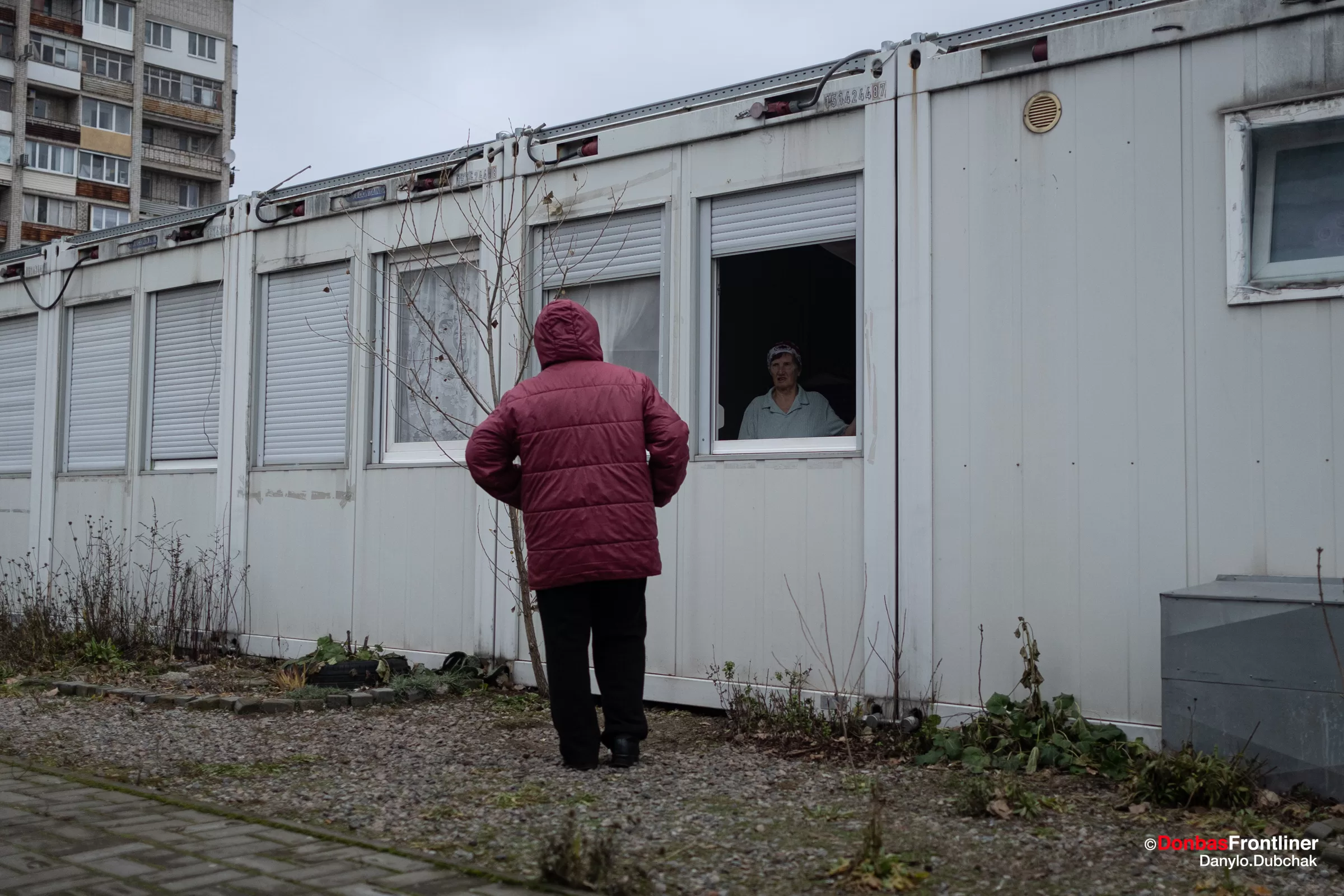
The town has 226 residents, including over 50 children. The youngest of them is only three months old.

Pupil’s dream
We spot Natalia, who invites us to her new home. She lives with her husband, Serhii, her daughter, Svitlana, and her son, Dmytro. The family left Stepnohirsk three months ago.
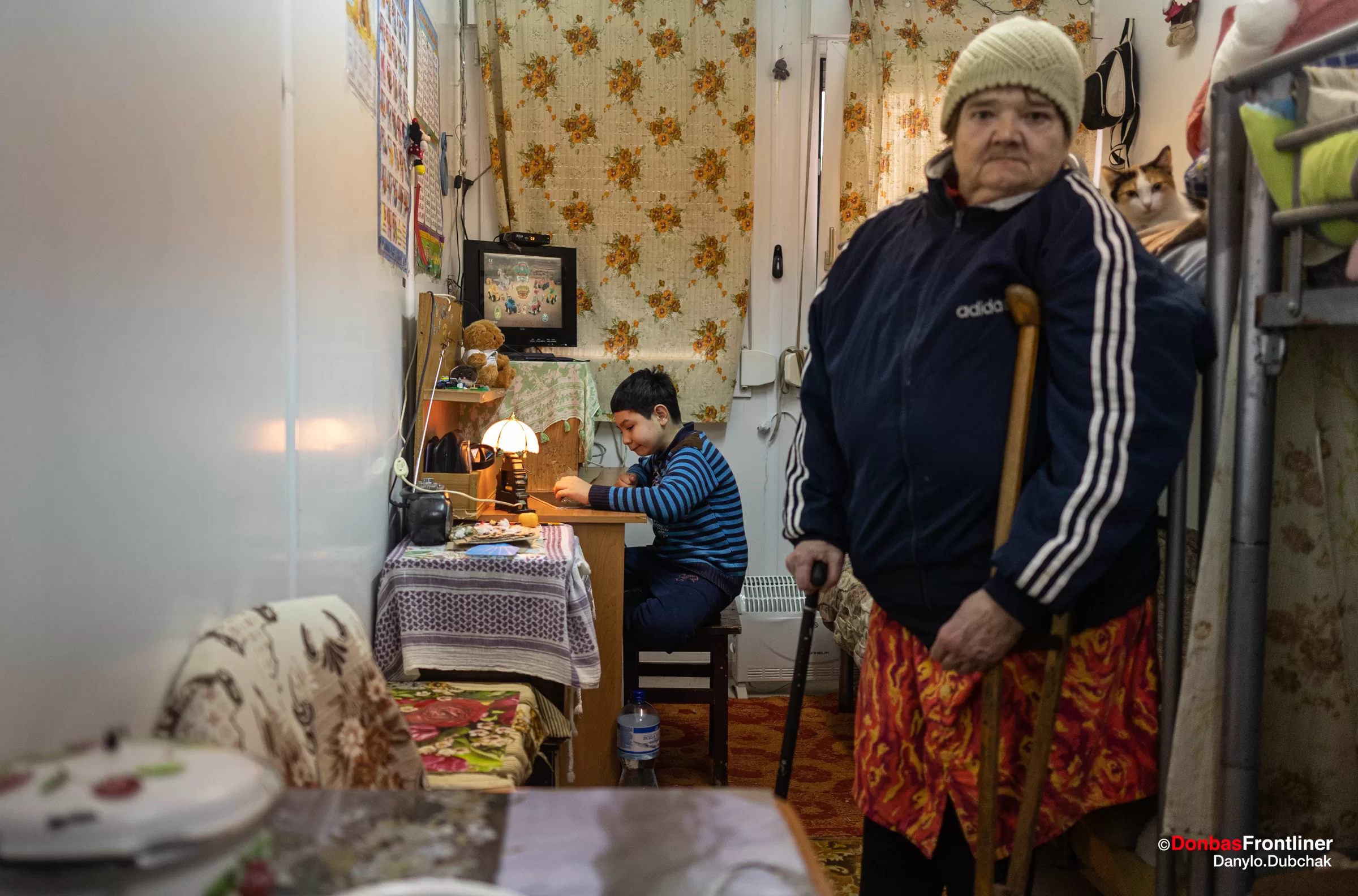
Natalia’s grandson is focused on his own activities.
“I cut out and craft pictures. I like it, and it calms me down a lot,” says Dmytro.
He doesn’t really like studying at an online school because he lacks communication with his peers and new students. Dmytro shares his dreams the same way most minor refugees do.
“I want the war to end and be back home as soon as possible.”
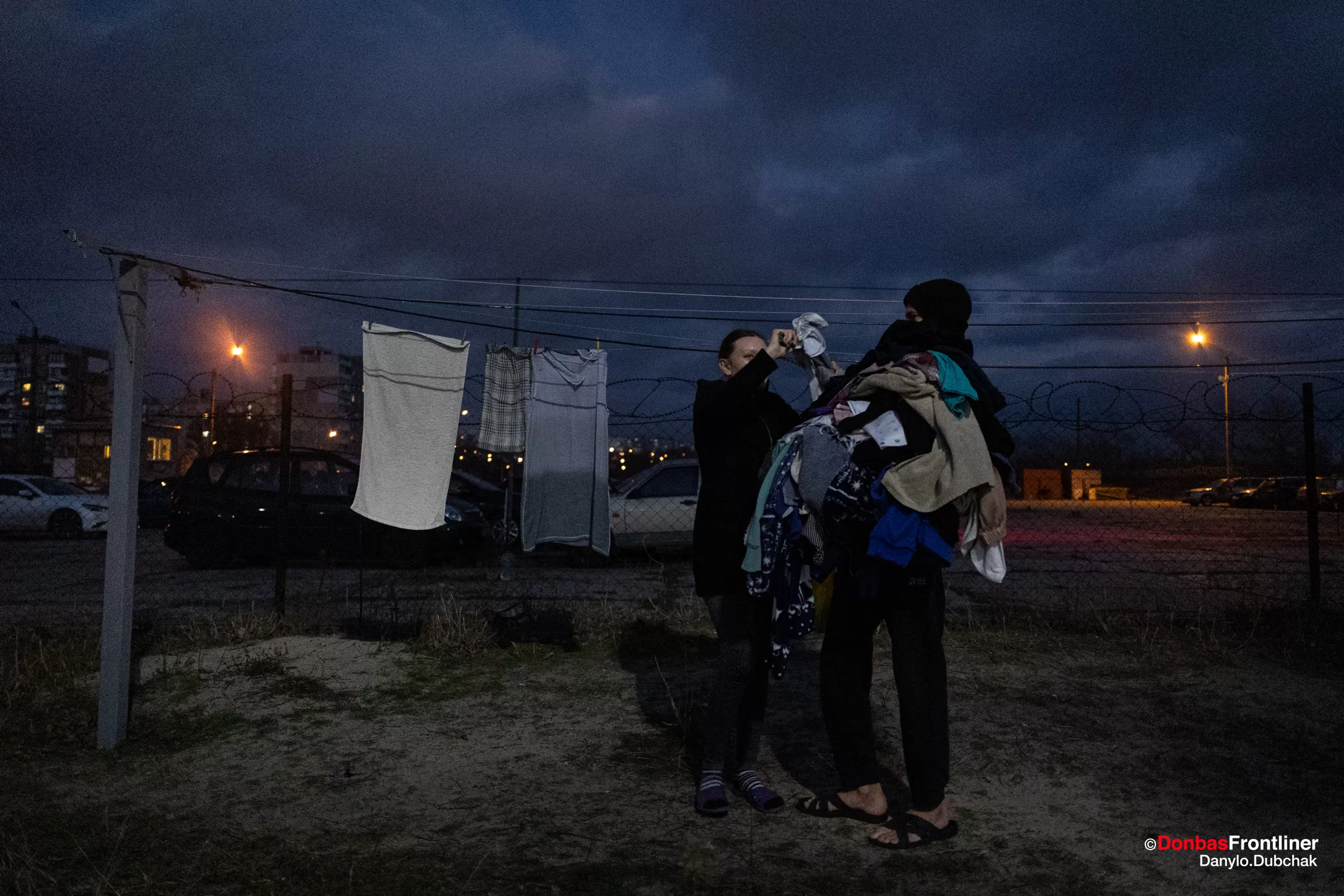
(Un)happy birthday
We spot one of the houses decorated with balloons and colorful ribbons. A group of boys is sitting on a bench near it.
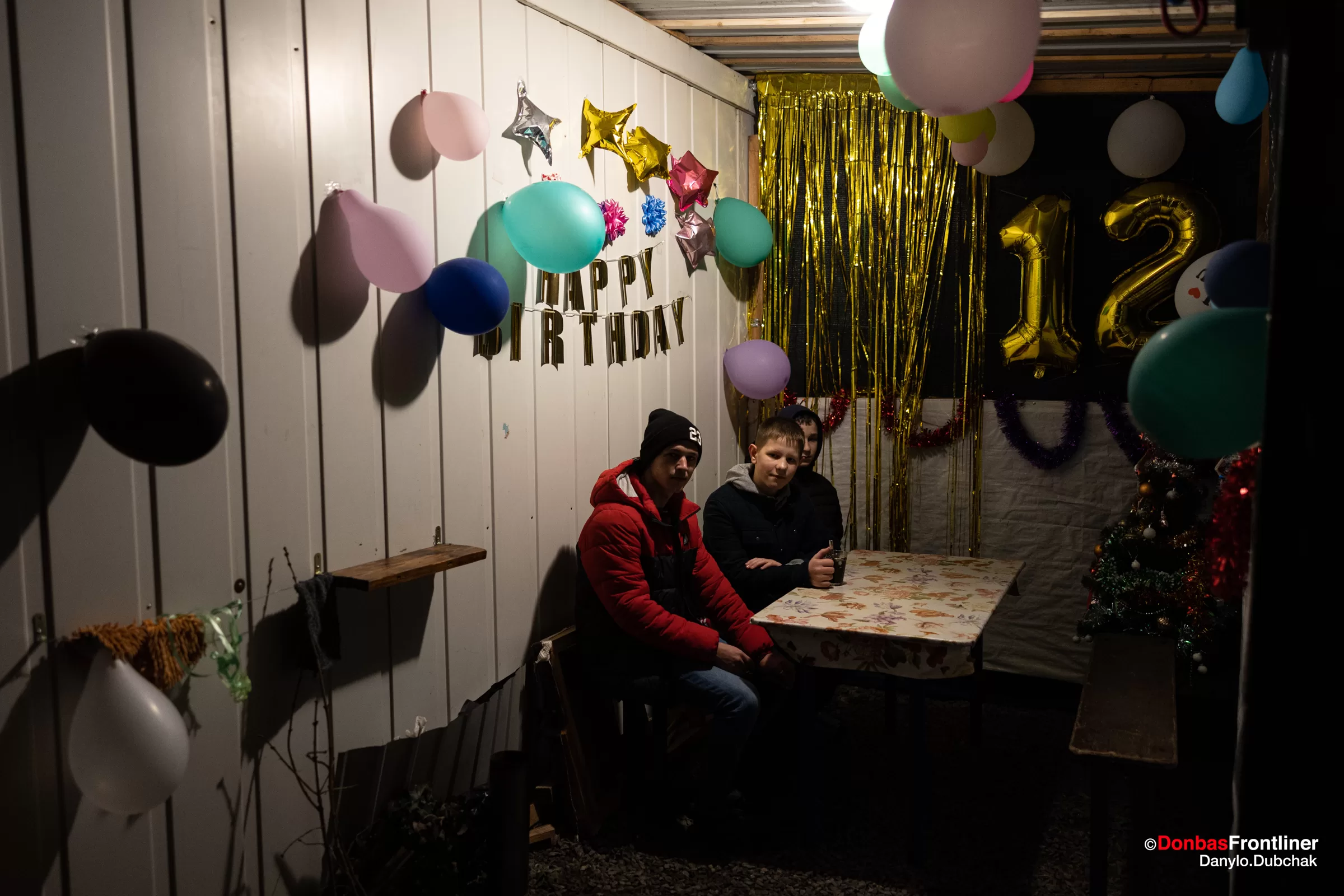
Turns out they are celebrating the birthday of Andrii, who’s just turned twelve. However, they do not seem to be happy.
“There is no festive mood at all. I would like to celebrate this birthday at home,” said Andrii.
He hasn’t seen his village of Ivanivka in the Kherson region since Russian forces invaded it in June 2022.
Refugees again
Iryna and Oleksandr Avdomin, together with their four children and the wife’s mother, Hanna Volosiuk, left Donetsk in 2014 after a Russian shell exploded near their home. Then, the family settled in Pryiutne, the Zaporizhzhia region.
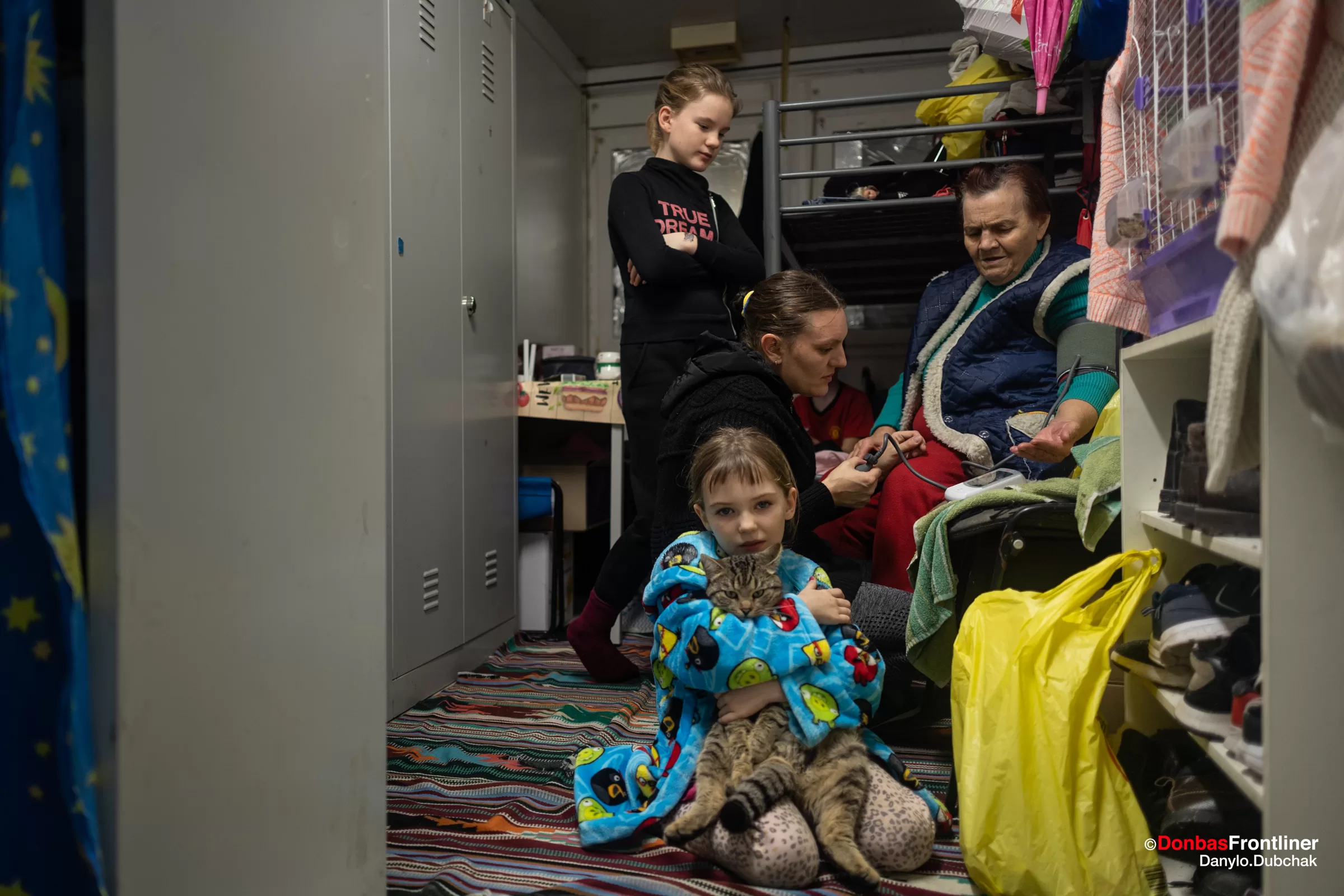
“We came with one bag of clothes, papers, two flash drives, and cups,” Iryna told.
Life was slowly changing for the better as Nastya, another daughter, was born. She is now eight years old.
In March 2022, they had to flee again from Russia’s occupation. The family found a new home in a modular town on the outskirts of Zaporizhzhia.
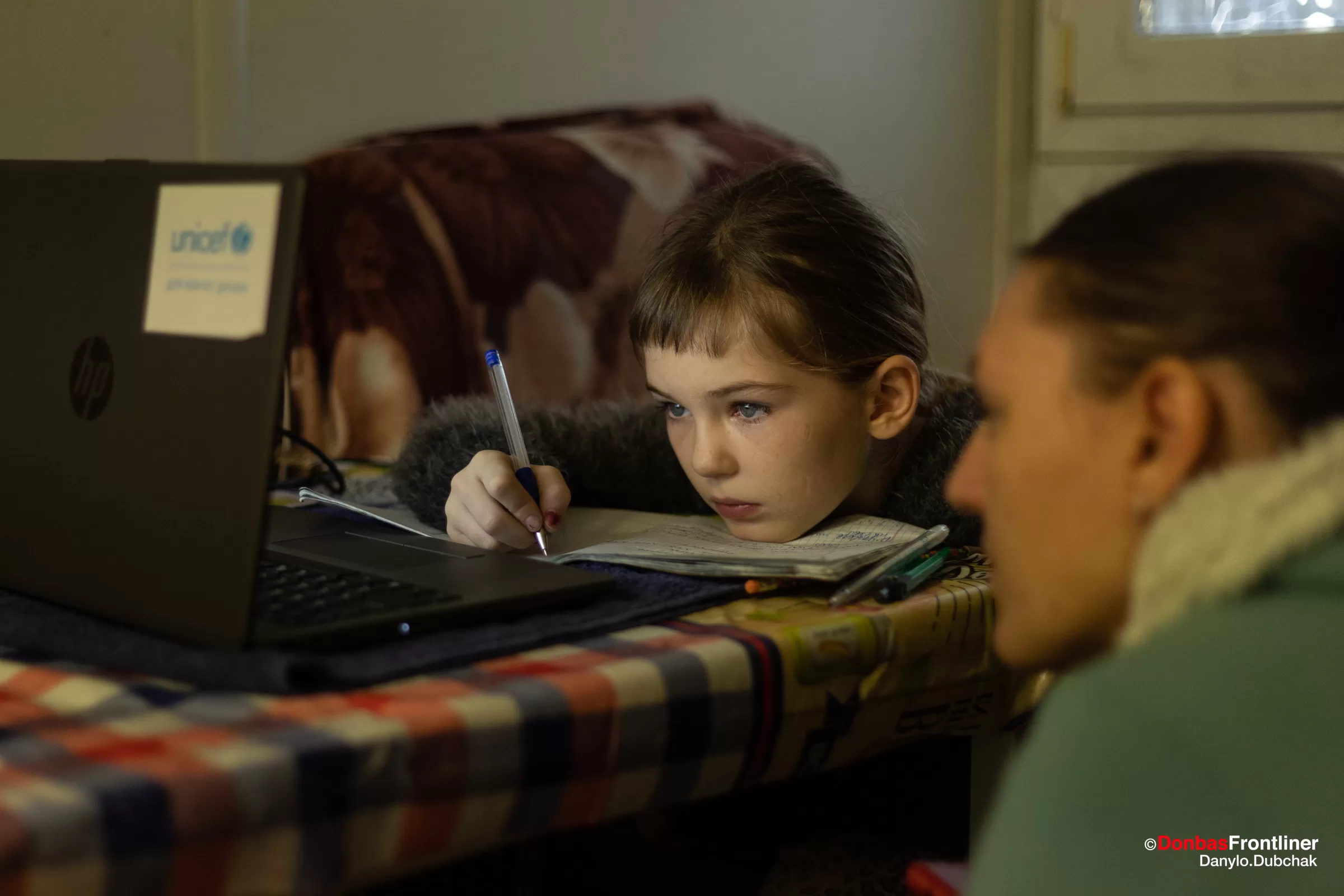
Grandma Hanna lives in a separate house. The rest of them got a two-room module for the parents and five children.
Elderly and neat
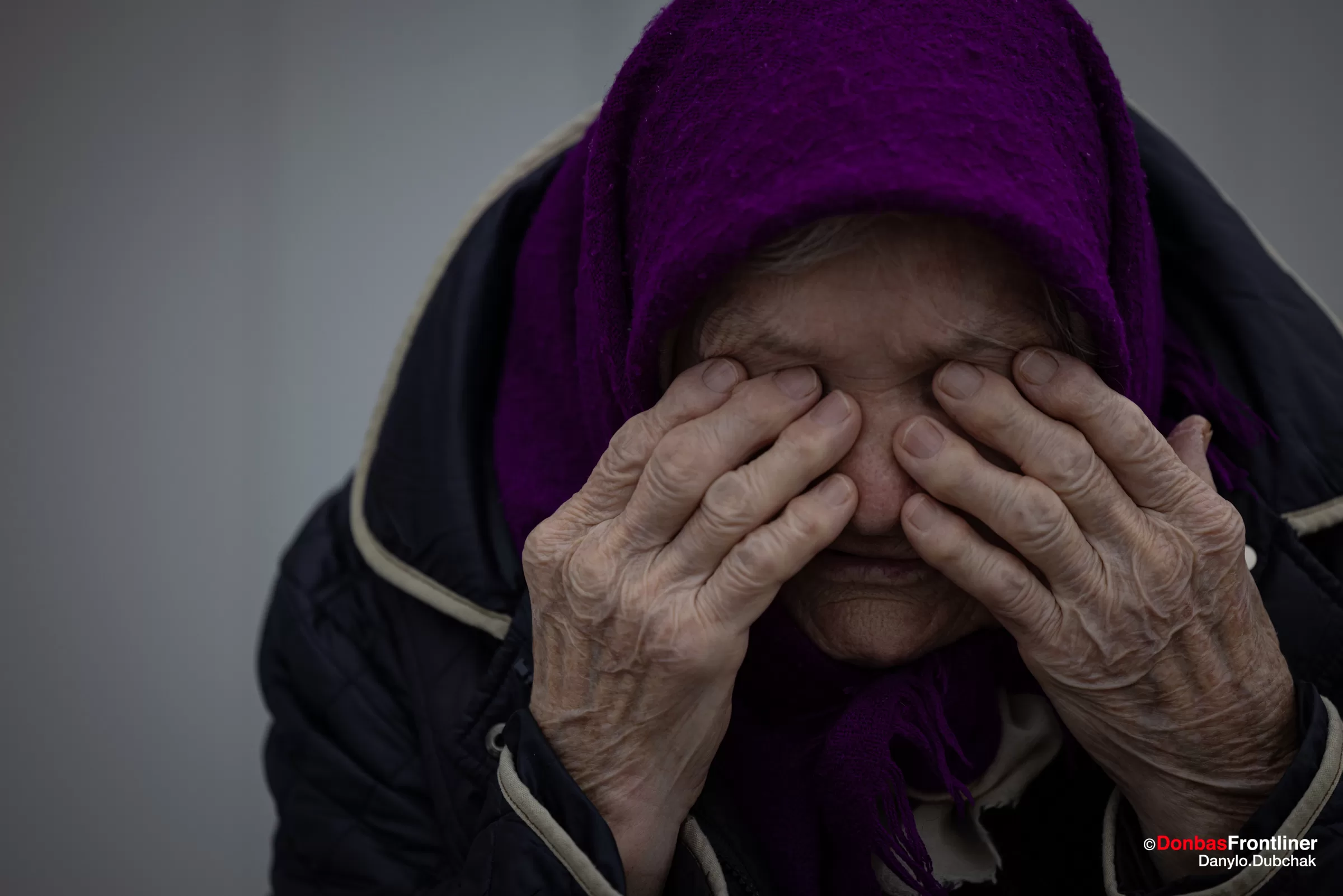
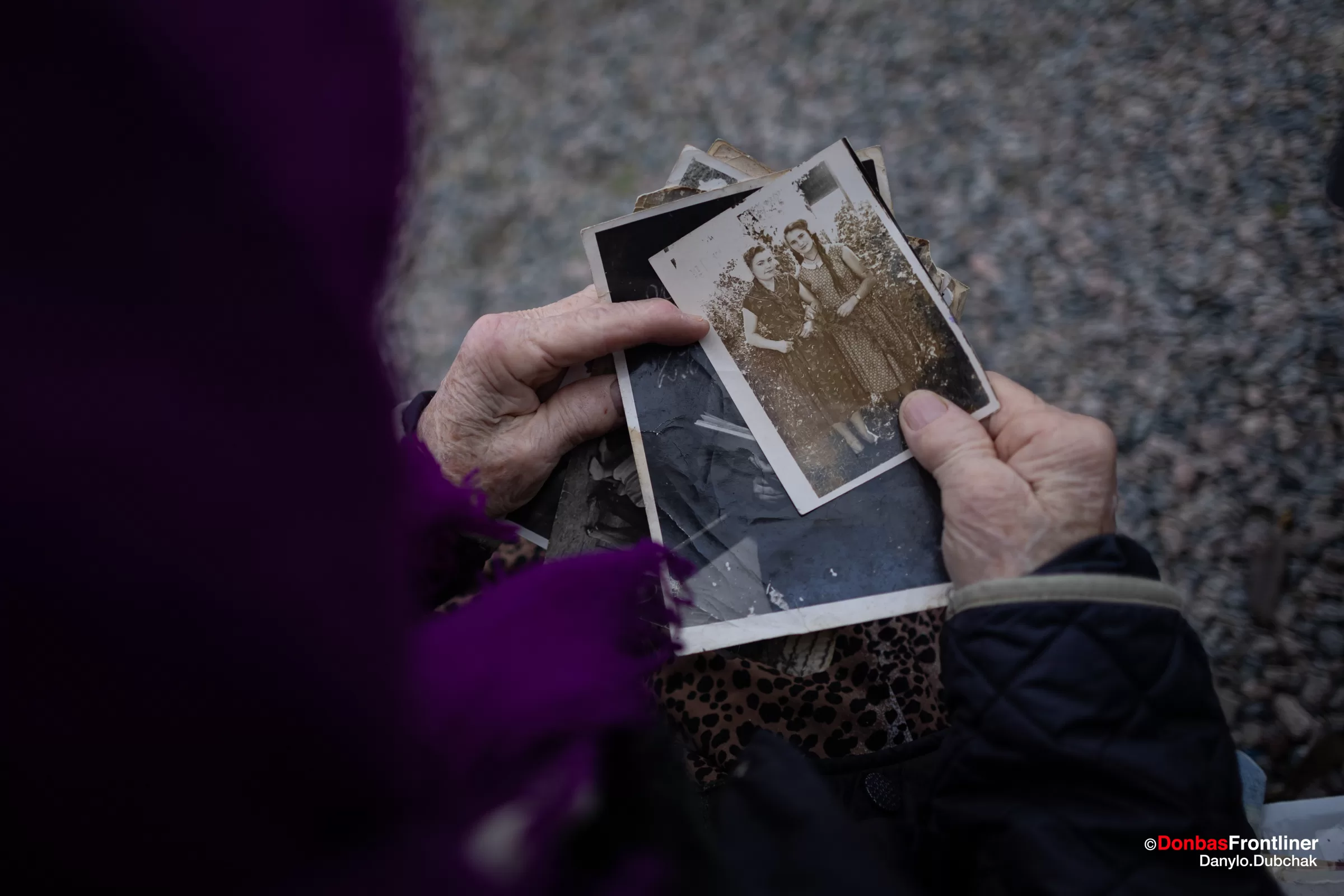
The town is also home to those who face more difficulties. Many elderly people here need attentive medical care and struggle with moving around. Despite it all, they do not turn away from life. They participate in community life to the best of their ability by tidying the are, and taking care of the lawns.
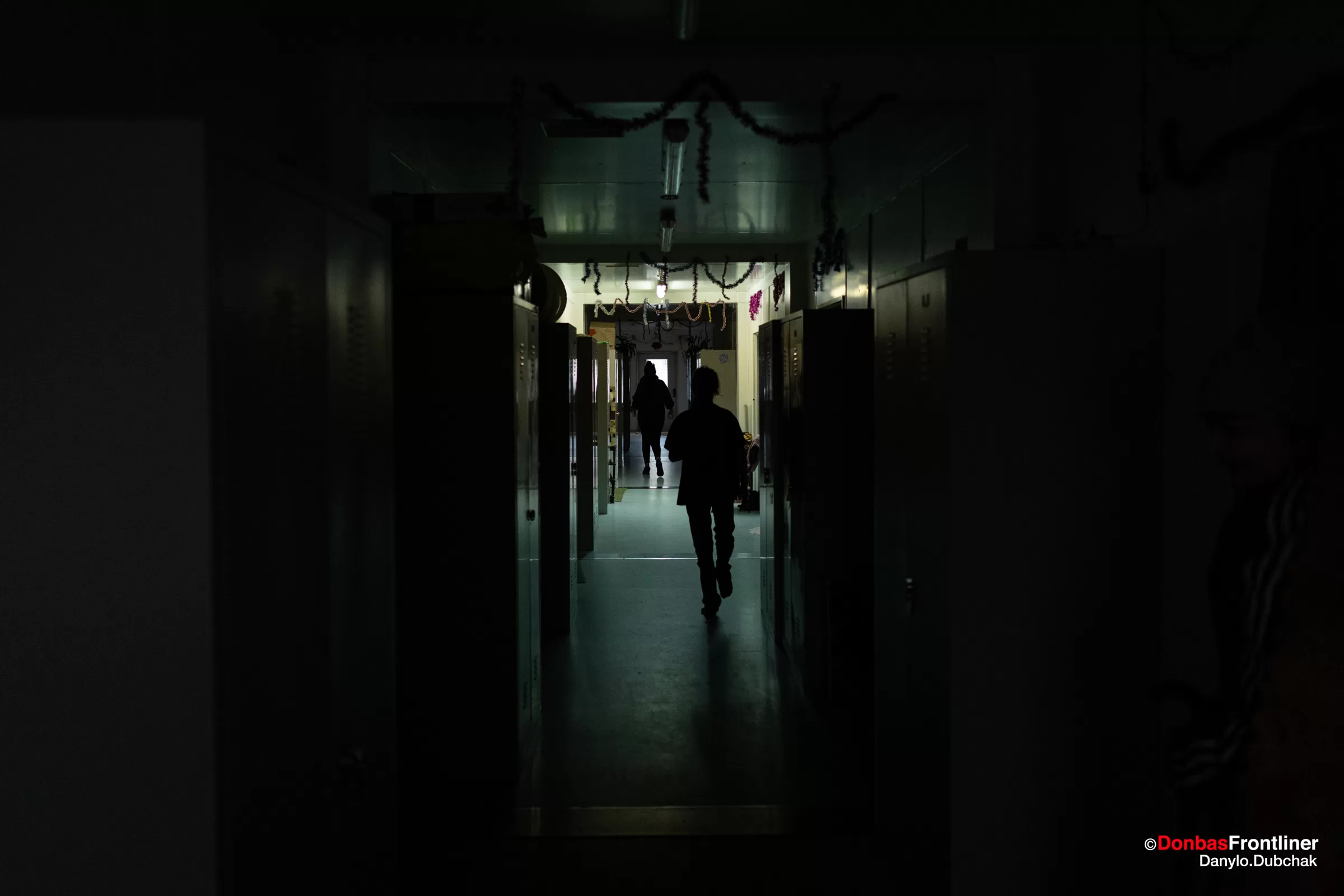
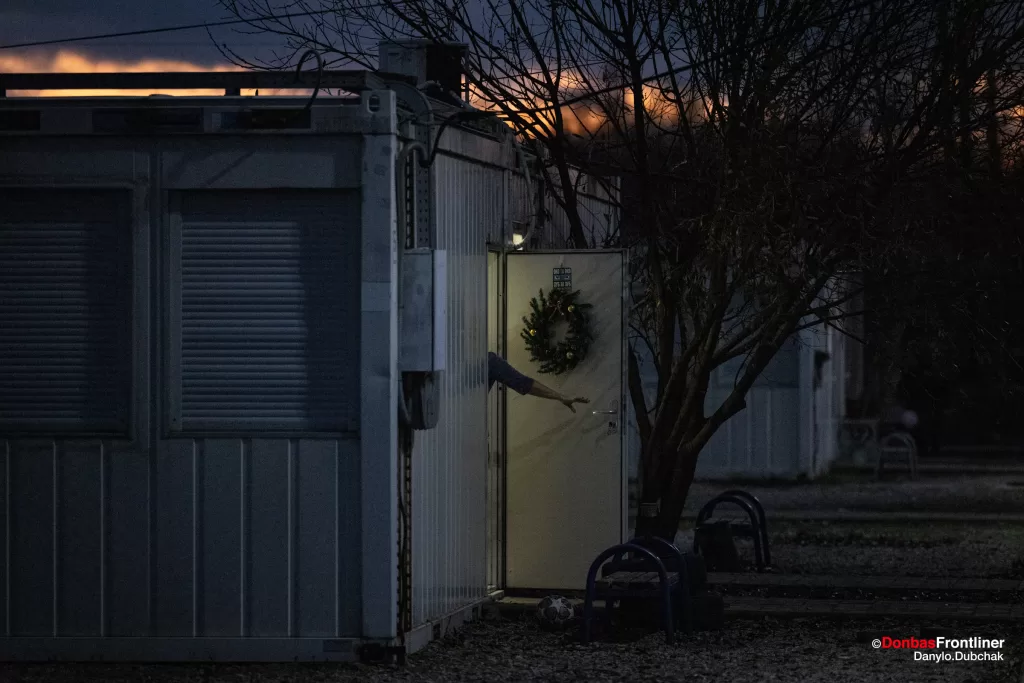
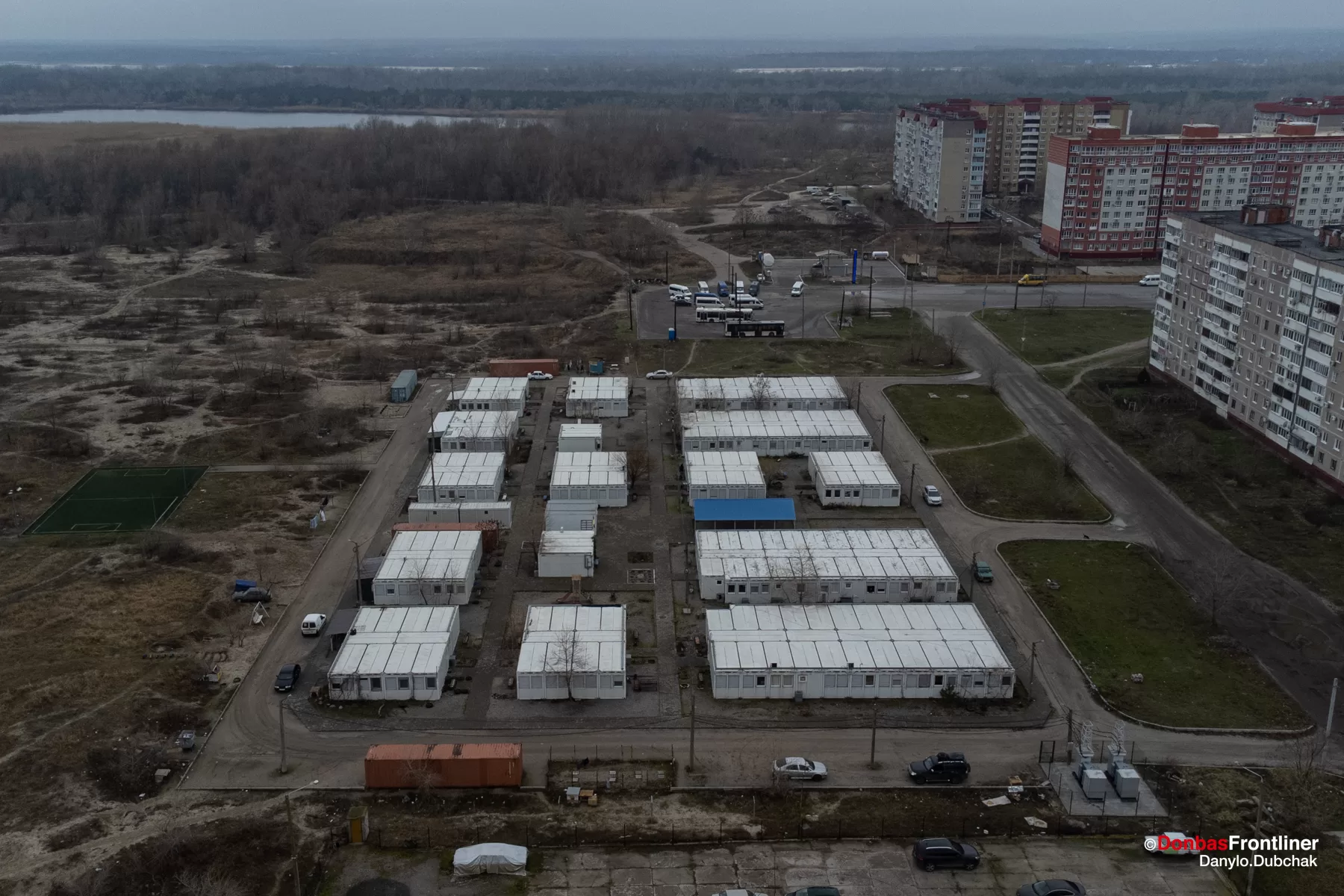
Author: Danylo Dubchak; Translation: Kateryna Saienko
With the support of Ukrainian Warchive
